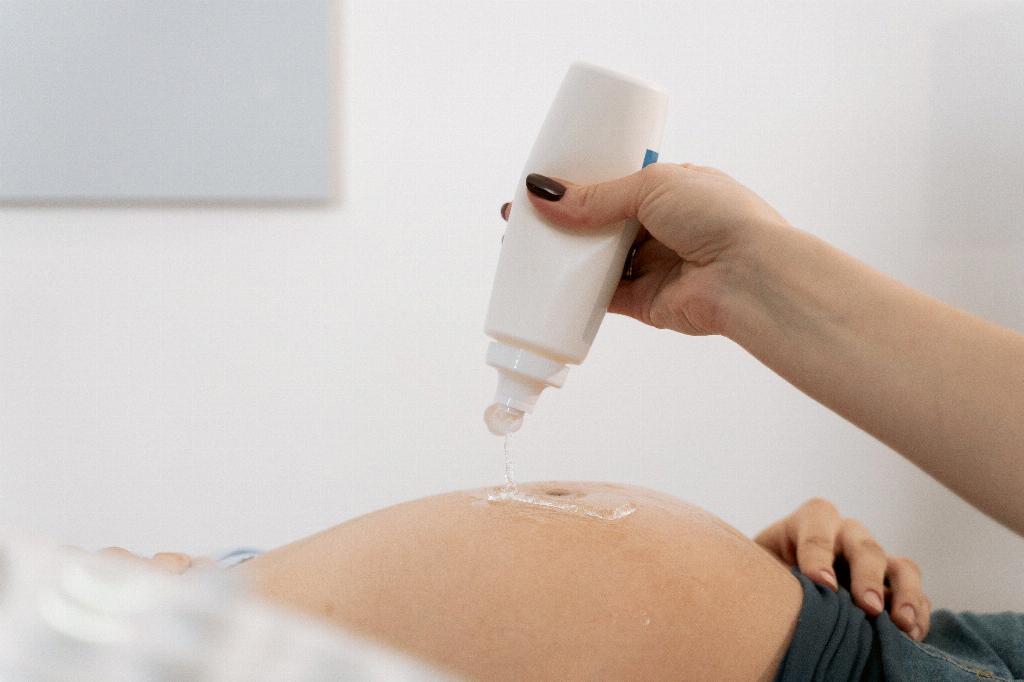Dealing with food poisoning during pregnancy can be particularly concerning due to potential risks to both you and your developing baby. It is essential to seek medical attention if you suspect that you have food poisoning while pregnant.
When faced with food poisoning during pregnancy, it is crucial to contact your healthcare provider immediately. Your doctor will assess the severity of your symptoms and recommend the appropriate course of action. In some cases, medical intervention may be necessary to ensure the well-being of you and your baby.
Home remedies may not always suffice when it comes to treating food poisoning during pregnancy. Your doctor may prescribe medications to alleviate symptoms such as nausea, vomiting, diarrhea, and dehydration. It is important to follow your healthcare provider’s instructions carefully and not self-medicate.
In more severe cases of food poisoning during pregnancy, especially if the cause is bacterial, antibiotics may be required. Certain types of foodborne illnesses, such as Listeria, can pose significant risks to pregnant women and their babies. Hospitalization and intravenous (IV) antibiotics might be necessary in such situations.
Hydration is key when treating food poisoning, particularly during pregnancy. Drinking plenty of fluids, such as water, clear broths, and electrolyte solutions, can help prevent dehydration caused by vomiting and diarrhea. Resting and allowing your body to recover is also crucial for your well-being and your baby’s health.
While undergoing treatment for food poisoning during pregnancy, it is essential to monitor your symptoms closely and report any changes to your healthcare provider. Persistent or worsening symptoms should not be ignored, as they could indicate a more severe underlying condition that requires immediate medical attention.
Proper hygiene and food safety practices are vital in preventing food poisoning during pregnancy. Avoid consuming undercooked or raw foods, unpasteurized dairy products, and deli meats unless they have been heated to a safe temperature. Washing fruits and vegetables thoroughly before eating them can also reduce the risk of contamination.
If you suspect that you have consumed contaminated food while pregnant, contact your healthcare provider even if you are not experiencing symptoms. Early intervention and treatment can help prevent complications and safeguard the health of both you and your baby.
Discussing your dietary habits and any recent food consumption with your healthcare provider can aid in diagnosing the cause of food poisoning. Keep track of what you have eaten, including any meals from restaurants or takeout, to help pinpoint the potential source of the contamination.
Follow-up appointments with your healthcare provider may be necessary after recovering from food poisoning during pregnancy. Your doctor can assess your overall health and well-being, as well as monitor the growth and development of your baby to ensure that no long-term complications have arisen.
Remember that seeking medical attention promptly is crucial when dealing with food poisoning during pregnancy. Do not hesitate to contact your healthcare provider if you suspect that you have been exposed to contaminated food or if you are experiencing symptoms of food poisoning. Your well-being and the health of your baby are of utmost importance.
In conclusion, treating food poisoning during pregnancy requires prompt medical attention, proper hydration, adherence to prescribed medications, and vigilant monitoring of symptoms. By following your healthcare provider’s advice and practicing good food safety habits, you can protect yourself and your baby from the potential risks associated with foodborne illnesses.

